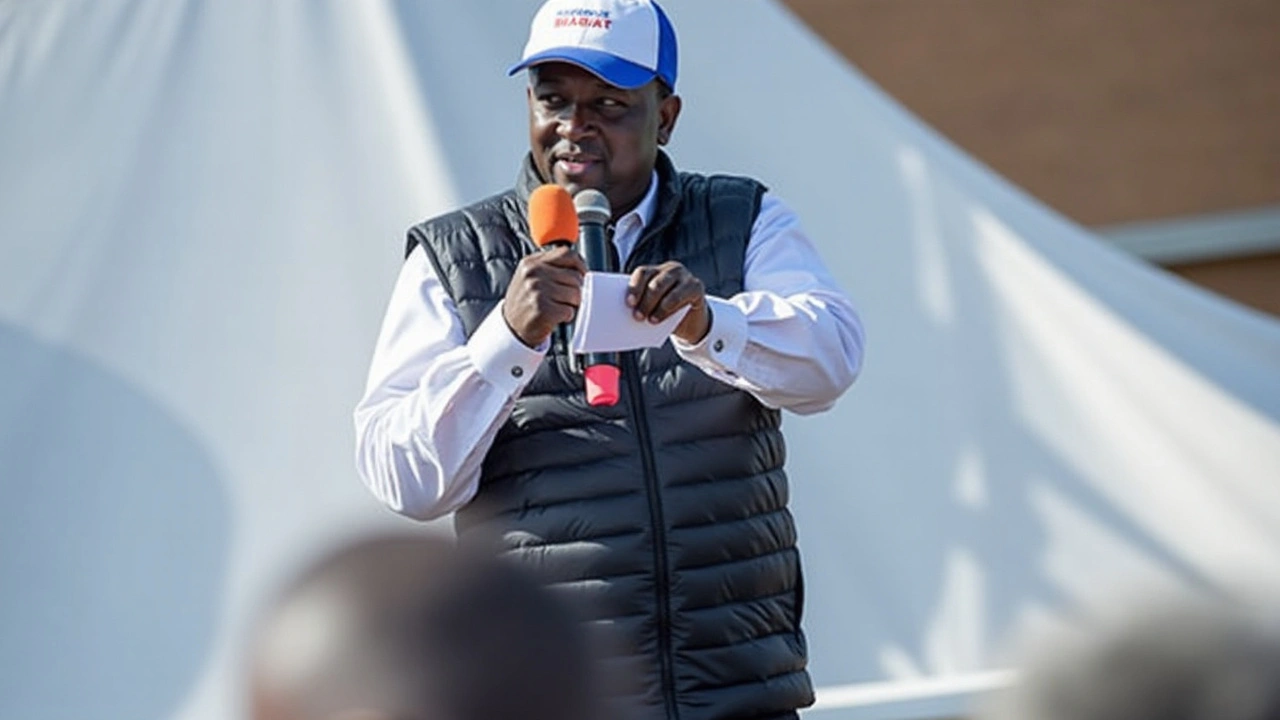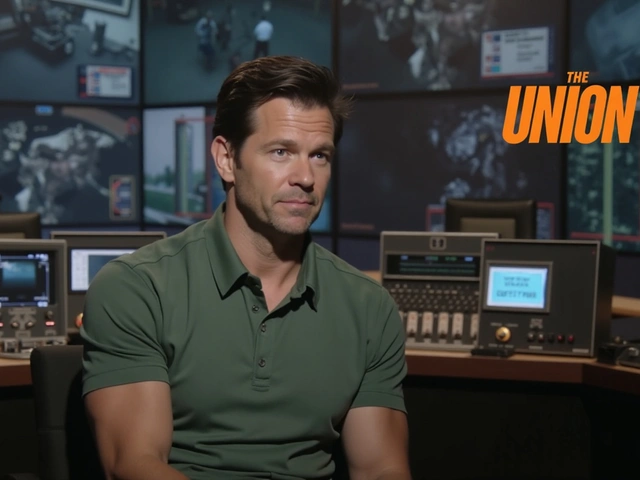Raila Odinga's Stand on JKIA Lease to Adani Group
At a time when Kenya grapples with the challenge of upgrading crucial infrastructure without straining the national coffers, Raila Odinga, a prominent former Prime Minister, openly endorses a potentially transformative move. The leasing of Jomo Kenyatta International Airport (JKIA) to Adani Group, as Odinga suggests, could be the solution Kenya urgently needs. It's not simply a financial transaction but, according to Odinga, a path to revitalize the nation's infrastructure. Highlighting Adani Group's extensive experience in managing similar large-scale projects across India, Odinga advocates for this Public Private Partnership (PPP) as the answer to a persistent problem.
The Need for Infrastructure Upgrades
The compelling argument presented by Odinga is rooted in the undeniable fact that Kenya's infrastructure is in dire need of enhancement. However, the country's financial situation is constrained, making it challenging to allocate necessary funds from national revenue or secure additional international loans. This scenario sets the stage for exploring PPPs, which Odinga believes can inject the required capital and expertise without overburdening the nation's economy. He acknowledges that a collaboration with Adani Group, a conglomerate with a valuation exceeding $200 billion, allows Kenya to tap into a reservoir of international experience and resources.
Adani Group's Proven Expertise
Raila Odinga's endorsement hinges on the Adani Group's established track record in infrastructure management, particularly in India where the corporation has successfully transformed multiple airports and ports. Such achievements are poised to instill confidence, providing reassurance about their capability to meet ambitious commitments in Kenya. Odinga highlights that these transformative projects didn't merely enhance facilities but brought incremental benefits to the regions they served, demonstrating a potential blueprint for success that can be replicated at JKIA.
Ensuring Transparency in PPP Agreements
Nevertheless, questions loom, demanding clarity and accountability. The embrace of PPPs is not without its critics, and Odinga is acutely aware of the skepticism that accompanies such foreign partnerships. He calls for a foundation of transparency in these dealings, pointing out that any form of secrecy or mismanagement could scare away foreign investments that Kenya desperately needs. The task lies in proactively addressing the grievances and apprehensions expressed by the Kenyan public to ensure that deals are devoid of any irregularities. Unveiling the details of the agreements and maintaining open channels of communication with stakeholders can inoculate against unwarranted controversy.
Controversy and Criticism: A Nation Debates
Despite Odinga's optimistic stance, the move isn't short of backlash. Several voices, including those from the political arena like Wiper party leader Kalonzo Musyoka, have expressed reservations about the proposal. Concerns about transparency and potential fraud have been raised due to allegations against Adani in several Asian territories. This controversy highlights the vital importance of crafting a framework that incorporates independent oversight and stringent controls, ensuring that any partnership is aligned with national interests and ethical standards.
Economic Reality and Strategic Necessities
Ultimately, Odinga underscores that the rationale behind engaging with the Adani Group via a PPP boils down to a pragmatic assessment of Kenya's current economic landscape. Given the country's fragile financial framework, traditional avenues of collecting additional revenue through taxes or borrowing are fraught with challenges. This predicament steers the narrative toward innovative solutions, with managed partnerships emerging as vital lifelines. The proposed Sh96 billion leasing deal, allowing Adani Energy Solutions to manage transmission lines at JKIA over 30 years, promises not only infrastructure development, including a new runway, but also symbolizes a strategic maneuver in economic stewardship.
Future Implications
While the debate continues to stir conversations across various platforms, Raila Odinga remains a vocal proponent of action over inaction. He envisions a future where such collaborative efforts become standard practice, redefining Kenya’s capacity for transformation and growth. His support shines a spotlight on the intricate balance between embracing foreign investment for public gain and safeguarding national sovereignty and transparency. As the nation navigates these transitions, the proposed partnership with the Adani Group could very well shape the trajectory of Kenya's infrastructural evolution.




Kenya needs a big boost in its airport and the idea of letting Adani run JKIA could be that boost.
It would bring money that Kenya does not have right now.
It would also bring know‑how from other places where Adani has built airports.
People worry about foreign control but a clear contract can keep Kenya safe.
Transparency is the key and the government can set strong rules.
When the rules are clear the public can feel more trust.
This kind of partnership can also create jobs for many Kenyans.
Construction work, maintenance and new services all need people.
More jobs mean more families can earn a living.
The airport could get a new runway and better facilities.
A better airport can help tourism, which brings money to the country.
Tourists will have a nicer experience and may visit again.
All of this can lift the economy without heavy taxes.
It is a smart move to use private money for public good.
We should watch the deal closely and speak up if something feels wrong.
In the end, a fair and open partnership can help Kenya grow together.
One must consider the long‑term implications of ceding operational control to a foreign conglomerate, especially given teh scale of the investment.
The legal framework should be watertight, leaving no room for ambiguity that could jeopardise sovereign interests.
It is, therefore, advisable to engage independent auditors to review every clause before moving forward.
The notion that Adani will magically solve every infrastructure woe is naive 😤. Their track record, albeit impressive, is not a blanket guarantee for Kenyan success 😊. Stakeholders must demand rock‑solid safeguards before any hand‑over.
I'm all for fresh ideas and I think this could bring a lot of good energy to JKIA we just need to keep the conversation open and everyone on board we can share ideas and make sure the plan benefits locals and travelers alike the government should set clear goals and we can help monitor progress together
It's great to see a bold proposal and we should think about how it can empower local workers and small businesses. How can we ensure that the training programs are accessible and that the jobs created are sustainable? Keeping the community involved will make the project more resilient.
From a sovereign perspective this arrangement raises serious concerns about compromising national assets to an external corporate entity. It is essential that Kenya retains full regulatory authority and does not become a puppet of foreign interests. Such a deal must be anchored in unwavering patriotism and strict oversight.
What a mess!